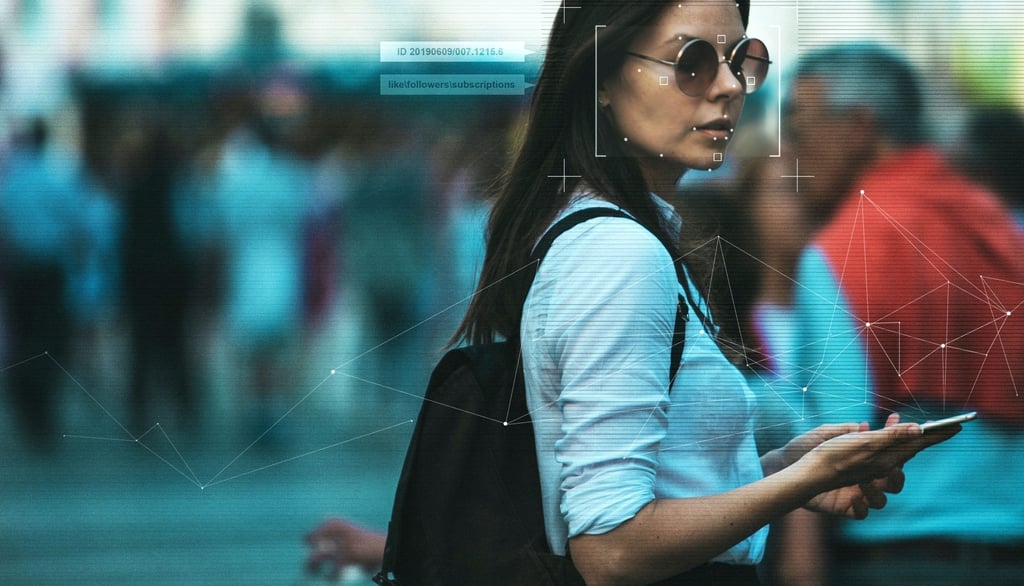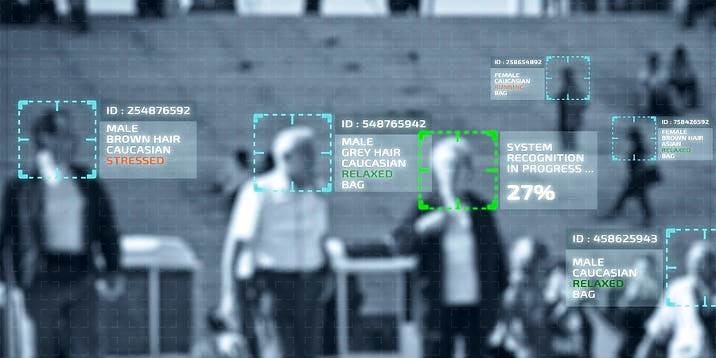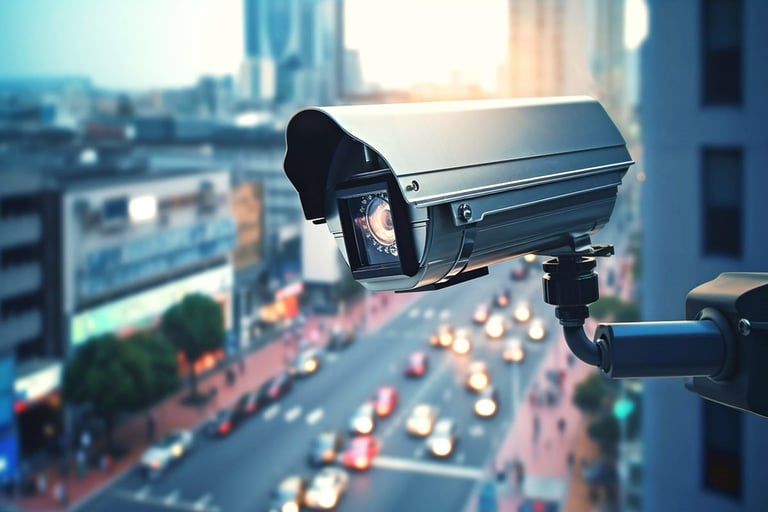Secure your Data with Inferno🔥, Use Code: INFERNO100
Privacy vs Security: Balancing Surveillance and Civil Liberties
Analyzing the trade-offs between increased surveillance for security purposes and the protection of individual privacy
CYBERSECURITYDEVELOPMENT AND ECONOMIC THREATS
Phillemon Neluvhalani
4/29/20244 min read


The pervasive use of surveillance technologies presents a dual-edged sword, intertwining the promise of enhanced security with significant concerns over privacy violations. As society becomes increasingly digitized, the deployment of these technologies—ranging from public CCTV cameras to sophisticated digital data collection systems—continues to expand. This expansive essay explores the multifaceted impact of surveillance technologies, underscoring the need for a balanced approach that protects individual privacy while ensuring public safety.
Public CCTV Surveillance: Benefits and Drawbacks
Public CCTV cameras are a common fixture in urban landscapes, deployed extensively in public areas such as streets, parks, and commercial centers. These systems are primarily installed to enhance security, monitor traffic, prevent crime, and manage public events. Proponents argue that the visual presence of cameras acts as a significant deterrent against criminal activities. Studies have shown that in areas with active CCTV monitoring, crimes like theft, vandalism, and assault have notably decreased.
However, the efficacy of CCTV cameras in preventing more severe crimes, such as violent assaults or organized crime, is still debatable. Critics point out that while cameras may shift crime to less monitored areas, they do not eliminate the root causes of criminal behavior. Additionally, the constant monitoring can lead to a 'Big Brother' atmosphere, where the public feels perpetually watched, potentially infringing on individual freedoms and leading to a society that values security over privacy.
Digital Surveillance and Data Collection
The digital realm offers even more potent tools for surveillance. The collection and analysis of vast amounts of personal data from smartphones, social media, and other online activities allow entities to track individuals' behaviors, preferences, and even predict future actions. This capability is defended on several grounds:
Enhanced Security: By monitoring digital communications and online behaviors, law enforcement can potentially thwart criminal plots and terrorist activities.
Targeted Advertising: Businesses argue that data analytics enable them to understand consumer needs better, leading to more personalized service and efficient marketing.
Public Health: During pandemics, data tracking can help in contact tracing and predicting outbreak patterns.
Nevertheless, the risks and ethical concerns associated with digital surveillance are profound. The potential for overreach is significant, with governments and corporations capable of not just monitoring but also manipulating behavior and opinions through targeted disinformation campaigns or selective advertising.
Privacy Concerns and Legal Implications
The right to privacy is enshrined in numerous international human rights documents, such as the Universal Declaration of Human Rights, which posits privacy as integral to human dignity and autonomy. Surveillance technologies, by their very nature, challenge this right. Intrusive monitoring can lead to a host of negative outcomes, including:
Self-censorship: Under constant surveillance, individuals may avoid expressing dissenting opinions or engaging in activities that could be perceived negatively.
Discrimination: Surveillance tools, especially facial recognition software, have been criticized for having higher error rates for certain racial groups, potentially leading to unjust profiling.
Data breaches: The more information collected, the higher the risk of significant breaches, which can expose individuals to identity theft, financial loss, and public embarrassment.
Legal frameworks like the General Data Protection Regulation (GDPR) in the European Union attempt to curb these risks by enforcing strict guidelines on data collection, processing, and storage. However, the application of such laws is inconsistent globally, and many countries lack robust protections against surveillance overreach.
Ethical Considerations and Societal Impact
The ethical dilemmas posed by surveillance technologies are complex. On one hand, there is the utilitarian argument that surveillance can serve the greater good—reducing crime, enhancing national security, and even saving lives in public health crises. On the other hand, these benefits often come at the cost of individual rights, leading to potential abuses of power and erosion of trust between the public and institutions.
The societal impact is equally significant. Surveillance can alter the fabric of community life, reducing trust among individuals and towards authorities. It can exacerbate social divides, particularly if surveillance tools are used disproportionately against marginalized communities.
Striking a Balance: The Way Forward
Finding a balance between the beneficial uses of surveillance technologies and the protection of individual privacy rights is one of the most pressing challenges of our time. This balance requires not only robust legal frameworks and strict enforcement but also a cultural shift towards valuing and protecting privacy.
Technology Solutions: Encouraging the development of privacy-enhancing technologies (PETs) can help minimize data collection and maximize data security. Techniques such as data anonymization, encryption, and minimal data processing principles should become standard practice.
Policy and Regulation: Policymakers must create and enforce regulations that ensure surveillance technologies are used responsibly. This includes transparent operations, judicial oversight, and clear limitations on the scope and duration of surveillance.
Public Awareness and Advocacy: Educating the public about their digital rights and the implications of surveillance is crucial. Awareness can empower individuals to demand better protections and opt-out of unnecessary data collection.
International Cooperation: As digital threats transcend national borders, international cooperation becomes crucial in establishing global norms for surveillance and privacy.
Important... while surveillance technologies can play a vital role in enhancing public safety and operational efficiency, their deployment must be handled with care to avoid encroaching on privacy and individual freedoms. As technology continues to evolve, so too should our approaches to regulation and protection, ensuring that surveillance tools enhance societal welfare without sacrificing fundamental human rights.




Privacy or Safety ?


